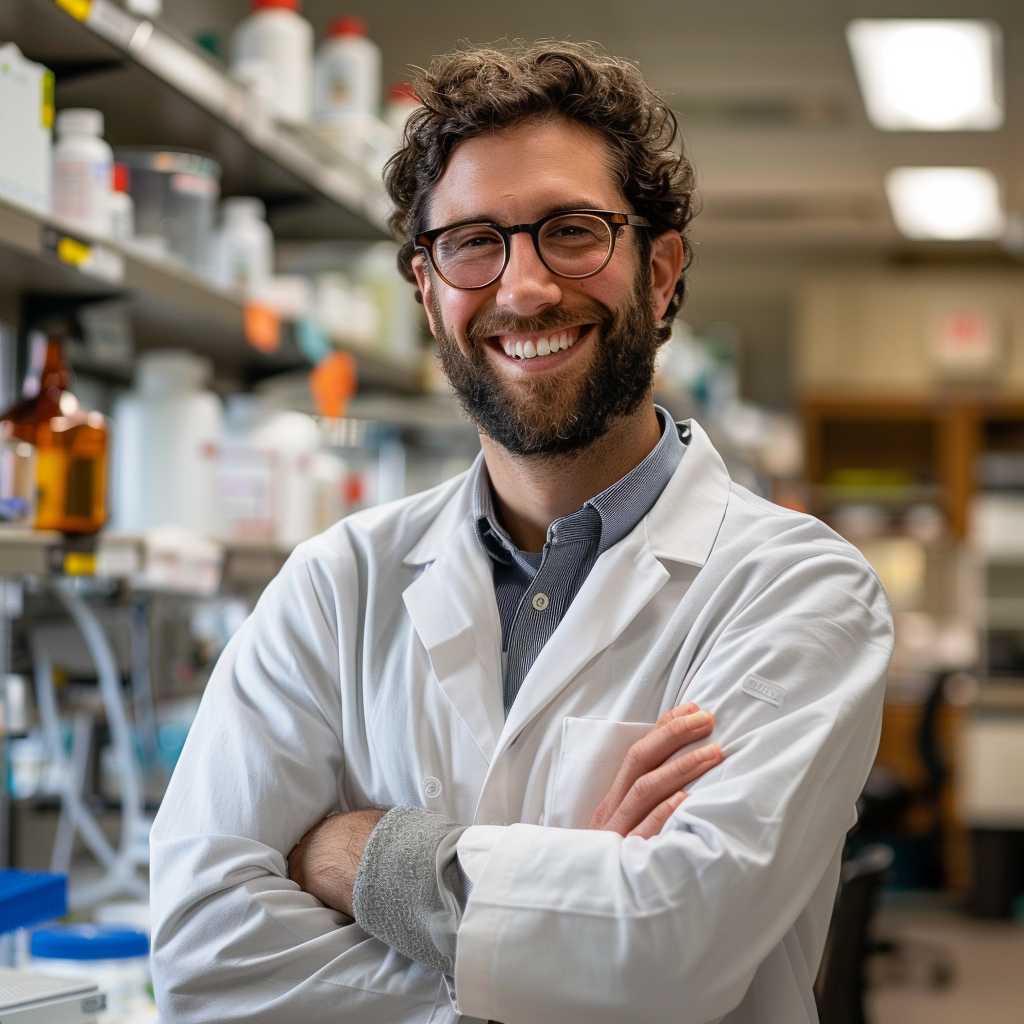Understanding Andrew Huberman: A Pioneer in Neuroscience and Education
Andrew Huberman is a distinguished neuroscientist and tenured professor at Stanford University School of Medicine. His seminal contributions to the fields of brain development, brain plasticity, and neural regeneration have seen wide acclaim. In addition to his academic duties, Dr. Huberman is particularly admired for his efforts in popularizing science and making complex neuroscience topics accessible to the public. This article explores Huberman’s journey, scientific contributions, educational initiatives, and influence on public understanding of neuroscience.
Early Life and Education of Andrew Huberman
Andrew Huberman was born on September 20, 1975, in Palo Alto, California. From an early age, he exhibited a profound interest in the workings of the natural world and human biology. His academic journey began with an undergraduate degree from the University of California, Santa Barbara, followed by a Ph.D. in neuroscience from the University of California, Davis. There, he conducted research that focused on neural development and plasticity.
Research Contributions and Academic Career
Following his doctoral work, Dr. Huberman continued his scientific pursuits through postdoctoral studies before joining the Stanford faculty. His research at Stanford has been notable for emphasizing the mechanisms of brain plasticity—the ability of the nervous system to change its activity in response to intrinsic or extrinsic stimuli by reorganizing its structure, functions, or connections.
One of Dr. Huberman’s key research areas includes the study of how the brain integrates visual and sensory experiences to influence behaviors and emotions. His work extensively investigates the factors that stimulate and hinder the healthy functioning of neural circuits concerning vision and related therapeutic innovations for eye diseases.
Educational Initiatives and Public Outreach
Andew Huberman believes strongly in democratizing science education. Evident from his dedicated presence on social platforms where he delivers content on neuroscience and its relation to everyday life, he has amassed a significant following who turn to him for insights on sleep, stress, learning, and a plethora of topics relevant to mental and physical health.
He also hosts a popular podcast called “The Huberman Lab,” where he dissects scientific topics with experts and breaks down academic barriers, supporting lifelong learning among listeners from all walks of life. This podcast serves as a bridge between academia and public knowledge and conveys it within an absorbable framework for non-scientific audiences.
Impact on Science Communication and Public Leadership
Dr. Huberman’s proactive approach towards science communication has branded him as a leading figure in bringing complex scientific insights into the public sphere. His skillful manner of delivering data-driven advice on optimizing human performance and wellness is highly valued in today’s world.
Furthermore, Andrew Huberman regularly partakes in collaborative efforts that transcend beyond laboratory walls, including advising sports teams on improving athlete performance through neural training techniques based on his research in neuroplasticity.
Advancements in Neuroplasticity Research
Much of Dr. Huberman’s significant work orbits around neuroplasticity. He aims to unravel how synaptic plasticity happens—in which neurons strengthen or weaken signal transmission over time—laying groundwork knowledge needed to mend neuronal connections tarnished by injury or degenerative diseases such as glaucoma.
The Huberman lab also explores various techniques spanning genetic therapies to behavioral interventions known to promote neural growth and repair, which coincide with Dr. Huberman’s emphasis on harnessing one’s neuroplastic potential for self-improvement.
The Intersection with Psychology and Wellness
His work often delves into how understanding neuroscience can result in improved psychological well-being. Dr. Huberman elucidates on topics such as stress resilience, the neuroscience of fears/phobias, recovery processes post-trauma, and augmented learning efficiency−translating cutting-edge science into practical mechanisms that enhance daily living.
